
by Gideon Marcus
Change
Out in the world of music, there's a change brewing. One can hear it in the experimentation of the Beatles' Rubber Soul album or the otherworldly tinge of The Yardbirds' latest hit, Shapes of Things. I've been long planning to write an article on the musical scene, and I'd best get it done quickly before the landscape changes entirely!

My friend and associate, Cora Buhlert, has noted that although the Stones and Beatles are popular in Germany, the number one hit right now is the syrupy Schlager tune by Roy Black, "Ganz in Weiß" (All in white). In other words, even in times of great flux, conservative forces remain steadfast, like stubborn boulders in a stream.

Oh look — it's time to review the latest issue of Analog.
Stagnation
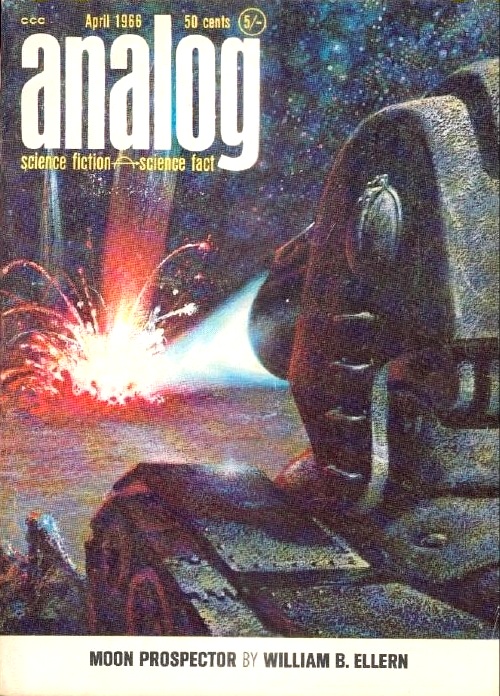
by Kelly Freas
Moon Prospector, by William B. Ellern
It would be hard to find a more emblematic story of the reactionary SF outlet that is Analog than this, the lead story in the April issue. Set early in E.E. Smith's Lensman series, it apparently got the full blessing of "Doc" Smith just a few days before he died! That's pretty remarkable.
The story, however, isn't. A lunar prospector in is semi-sentient "creeper" gets a distress call. Turns out an old buddy has been buried in the aftereffects of a meteor shower, and ol' Pete has to dig him out. But what was the fellow doing out in that quadrant of the Moon to begin with, and does it have anything to do with a centuries-old missile base abandoned around there?

by Kelly Freas
There's no water on the Moon, so I suppose it's appropriate that the story, itself, is dry as a bone. Perhaps it would have been more exciting if I'd had some stake in the universe. Maybe I'd have thrilled at the mention of the Solar Patrol being evolved into a Galactic Patrol. The fact is, I didn't care for Doc Smith's stories much when I was a kid, so they evoke no nostalgia for me now.
Two stars.
Rat Race, by Raymond F. Jones
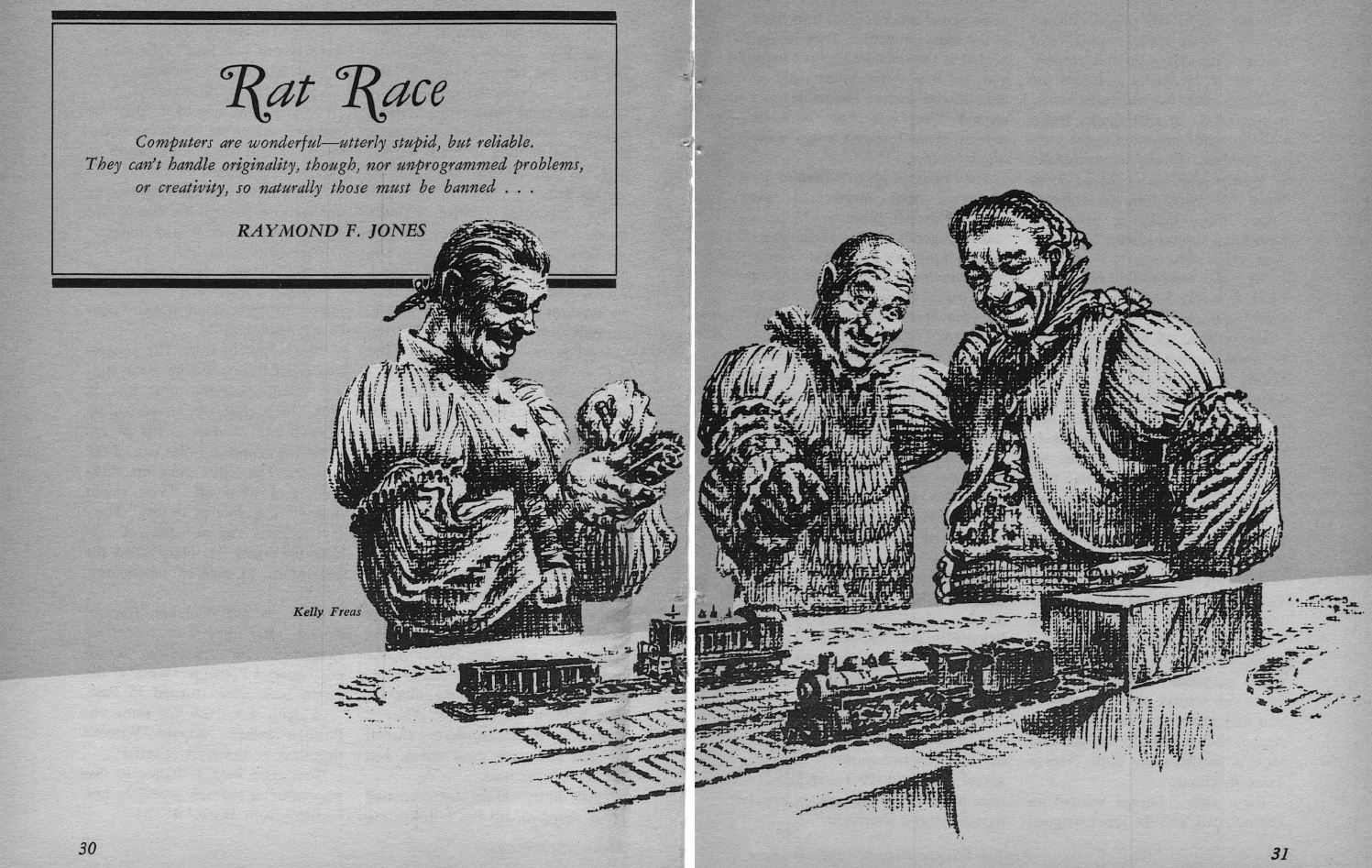
by Kelly Freas
A century and a half in the future, when a completely computer-planned economy has resulted in plenty for all of humanity, a fellow decides to recreate the hobby of model train running (though not in the destructive manner of the Addams family, more's the pity).

This hobby runs the fellow afoul of the Computer, for when he tries to make his own trains, he is accused of attempting his own production, which will upset the finely balanced economy and lead to scarcity. Our protagonist must find a way to satisfy the human urge to create while not upsetting the economic apple cart. The story ends with the suggestion that do-it-yourselfism will spread and eventually topple the current order.
It's a pleasant-enough story, and I suppose the "stick-it-to-communism" sentiment appealed to editor Campbell. On the other hand, while I appreciate that some folks really like to build things even when they could just be bought (and I have to think that hobbyist building would not break a planned economy), the notion that we've become too centralized and folks should all be able to be self-sufficient, making a living from the land, is unworkable.
The fact is, we've long since populated the Earth beyond its ability to sustain a society of independent farmers. The great island cities, the vast modern nations, they only support their teeming millions through coordinated and interconnected systems. The writer in the air-conditioned apartment, who bangs out a paean to independent living before catching a television show and then popping off to the deli for dinner, is a dreamer, not a visionary.
Three stars.
The Easy Way Out, by Lee Correy

by John Schoenherr
Aliens conduct a survey of planet Earth, evaluating its species for aggressive tendencies. After coming across a grizzly bear and a wolverine, and then the human family that has adopted the latter, they decide Earth is more trouble than it's worth.
Typical Campbellian Earth-firsterism. Two stars.
Drifting Continents, by Robert S. Dietz
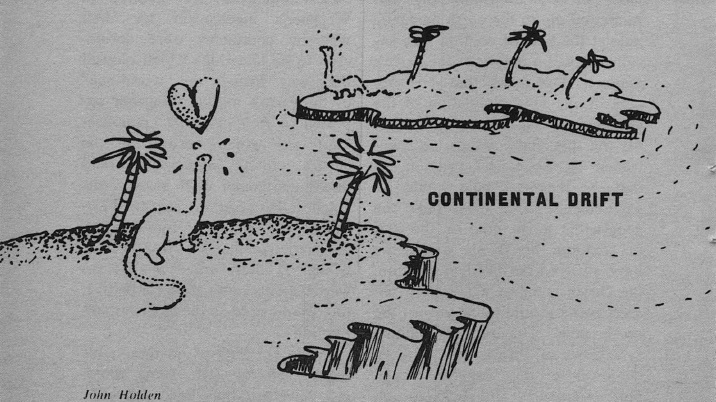
by John Holden
If it's a crackpot theory that flies in the face of the scientific establishment, chances are you'll read about it in Analog. But sometimes a theory is crackpot, flies in the face of the scientific establishment, and is probably right. As someone born in earthquake country, I've probably heard more about "continental drift" than many. It's the idea that the continents very slowly move around the globe. It's why the coasts of South America and Africa seem like edges of the same torn newspaper. It explains why there are similar fossils at similar depths across continents that are nowhere near each other…today.
It's a theory I found little reference to in my science books of the 50s, including Rachel Carson's seminal The Sea Around Us. But damned if Dietz doesn't make some very compelling arguments. I would not be surprised if continental drift, as has happened recently with the Big Bang Theory and global warming, did not become thoroughly accepted this decade.
Five stars.
Who Needs Insurance?, by Robin S. Scott

by Kelly Freas
Pete "Lucky Pierre" Albers has always been blessed with good fortune. Twenty years a pilot, he has always managed to avoid even the slightest injury, despite 8500 hours of flying time. He first suspected that his lucky streak was not completely due to chance after a harrowing mission over Ploesti left his B-24 with just one working engine. That tortured device not only held together all the way back to Libya, but it spun with the 800 horsepower needed to keep the plane in the air. After the crash landing, Albers found a little gray box attached to the driveshaft.
Twenty years later, over Vietnam, Colonel Albers was in a bullet-riddled Huey whose engine somehow held together long enough to get him and his charges back to base. Sure enough, a little box was installed on the engine.
Clearly someone, or something, has taken an interest in Albers' survival. It's up to Albers and his closest friends to discover the secret.
I really enjoyed this story, told in narrative fashion. It's a fun mystery, the details are evocative, and I like when a piece includes a competent woman scientist (in this case, Marty the programmer, with her pet 2706).
Four stars.
A Sun Invisible, by Poul Anderson
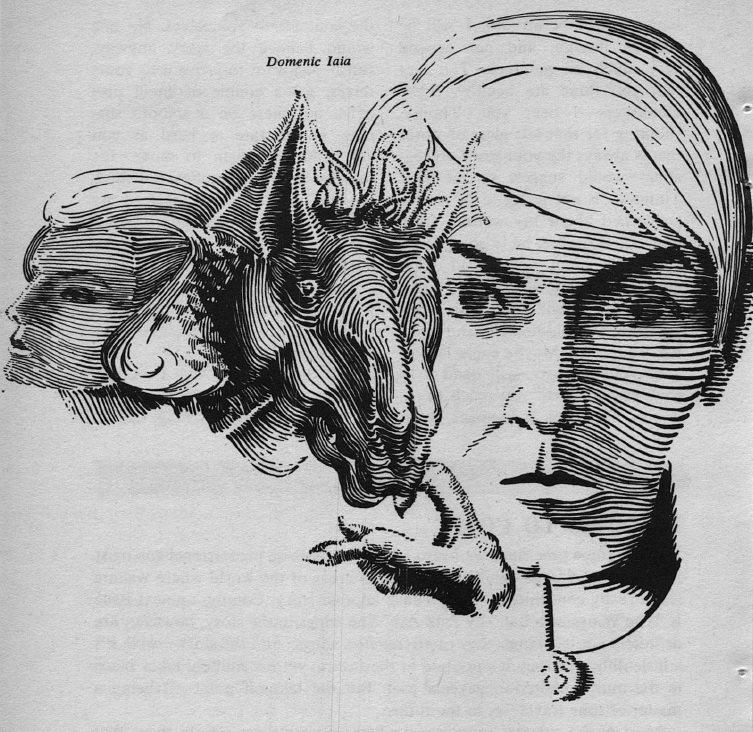
by Domenic Iaia
With this latest installation in the adventures of David Falkayn, the momentum gained by the magazine comes to a shuddering halt. Anderson's writing is of widely varying quality, and the adventures of this troubleshooting young protogé of Nicholas van Rijn are among the worst.
The plot takes forever to develop, but it's something about a planet of Germanics looking to take on the Polesotechnic League by working with the belligerent Kroaka. The trick is that Falkayn has to figure out where the would-be enemies make their home. By getting the female leader of Neuheim drunk and talkative, Falkayn learns enough astronomical clues to deduce the star around which the insurgents' planet revolves. Falkayn stops the threat and gets the girl.
I do like the astronomy Anderson weaves into these stories and I also appreciated the seamless way he introduced a new pronoun for an alien race with three sexes. Other than that, it's a deadly dull story, and smug to boot. Falkayn is like a boring, Sexist Retief.
Two stars.
Computation

After all that, the conservative reef that is Analog finishes near the bottom of the pack, though that is as much due to the relative excellence of the other mags that came out this month. Campbell's mag clocks in at a reasonable 3 stars, beating out the truly bad, all-reprint Amazing (2.3).
Above Analog, starting at the top, are Impulse (3.5), Galaxy (3.4), IF (3.3), New Worlds (3.1), and Fantasy and Science Fiction (3.1).
It was something of a banner month for SF mags, actually. Enough worthy stuff was printed to fill two full-size mags (and if you take out Amazing, that means a full third of everything printed was four stars and up). Also, women produced 11.5% of the new fiction published this month, the highest proportion I've seen in a long time. We'll see if this trend holds out.
That's it for March! April is a whole new ballgame, starting with the next issue of IF. I'm very keen to see how that magazine does now that the excellent Heinlein serial has ended (I've high hopes for the Laumer/Brown novel.)
Until then, all we can to is keep trying to discern the pattern of Shapes of Things to Come…

Don't miss the next exciting Adventure-themed episode of The Journey Show, taking you to the highest peaks, the deepest wildernesses, the coldest extremes, the vacuum of space, and the depths of the sea. April 3 at 1PM — book your (free) ticket for adventure now!)



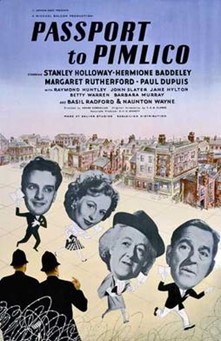

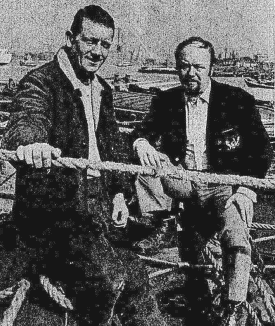


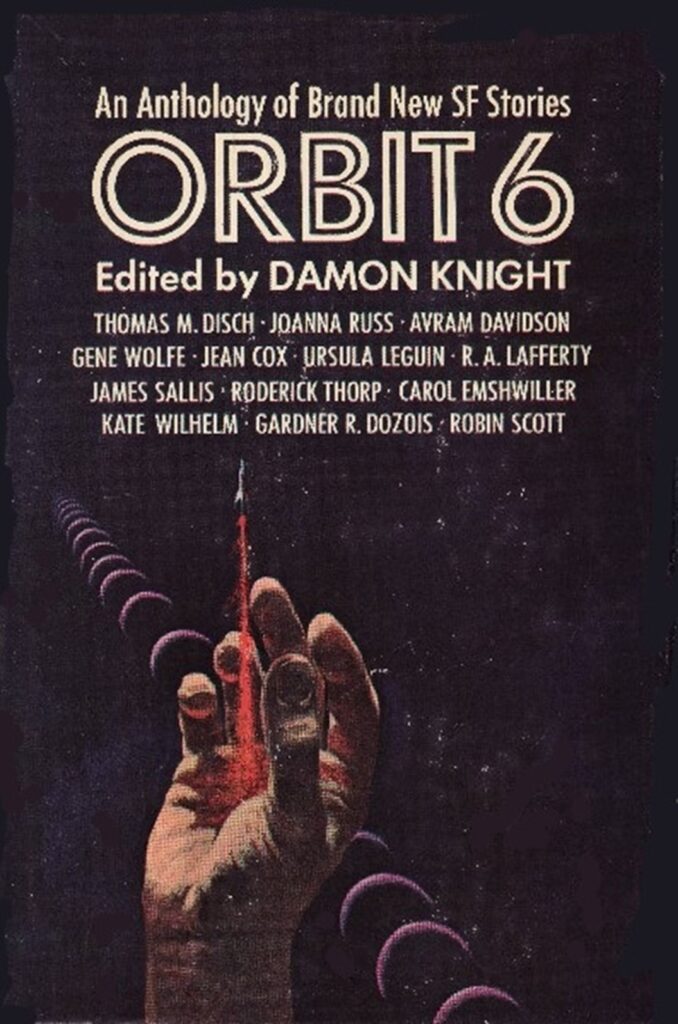

![[March 12, 1970] It’s A Dog’s Life (<i>Orbit 6</i>)](https://galacticjourney.org/wp-content/uploads/2025/03/Orbit-F-672x372.jpg)
![[May 31, 1966] Worth Remembering (June 1966 <i>Analog</i>)](https://galacticjourney.org/wp-content/uploads/2021/05/660531cover-672x372.jpg)



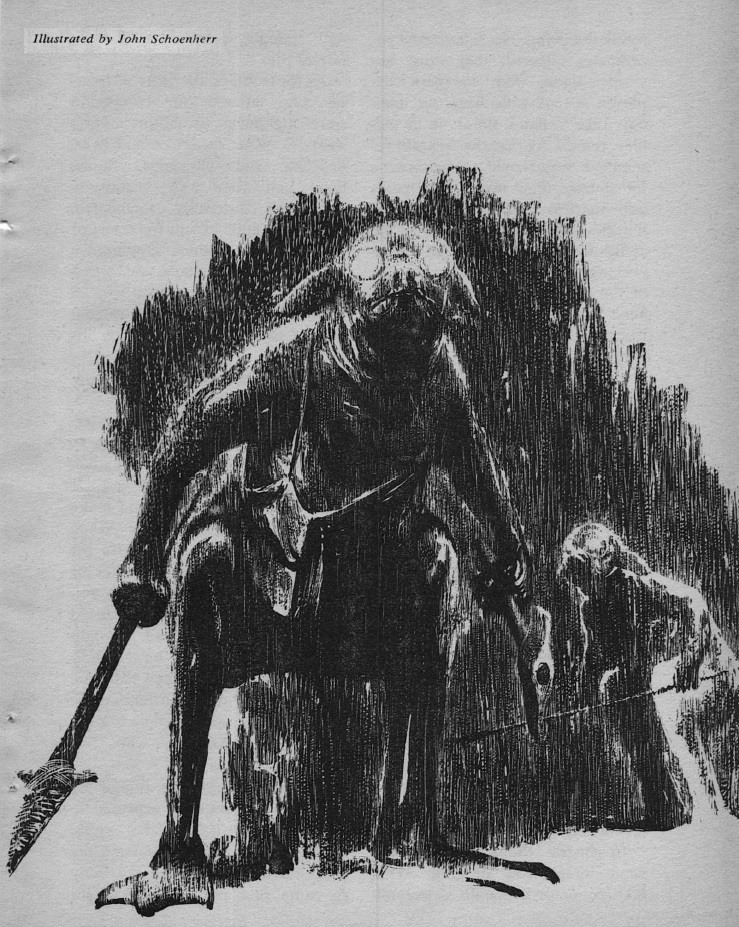
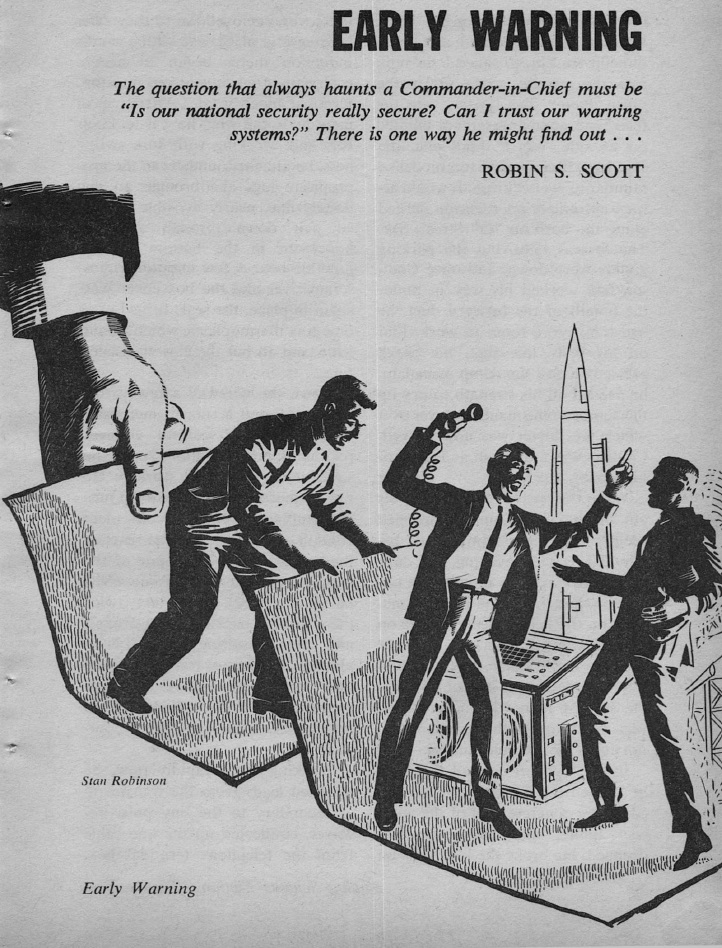
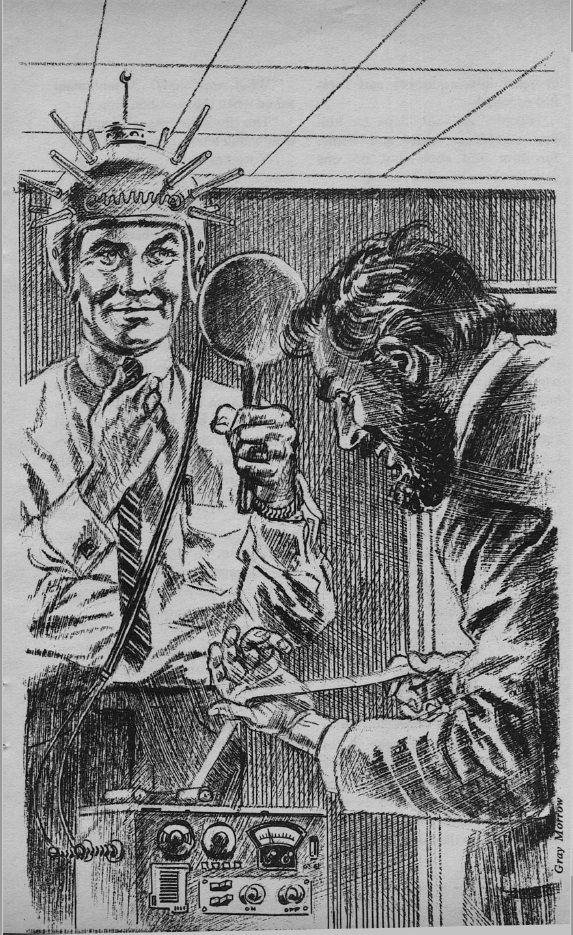
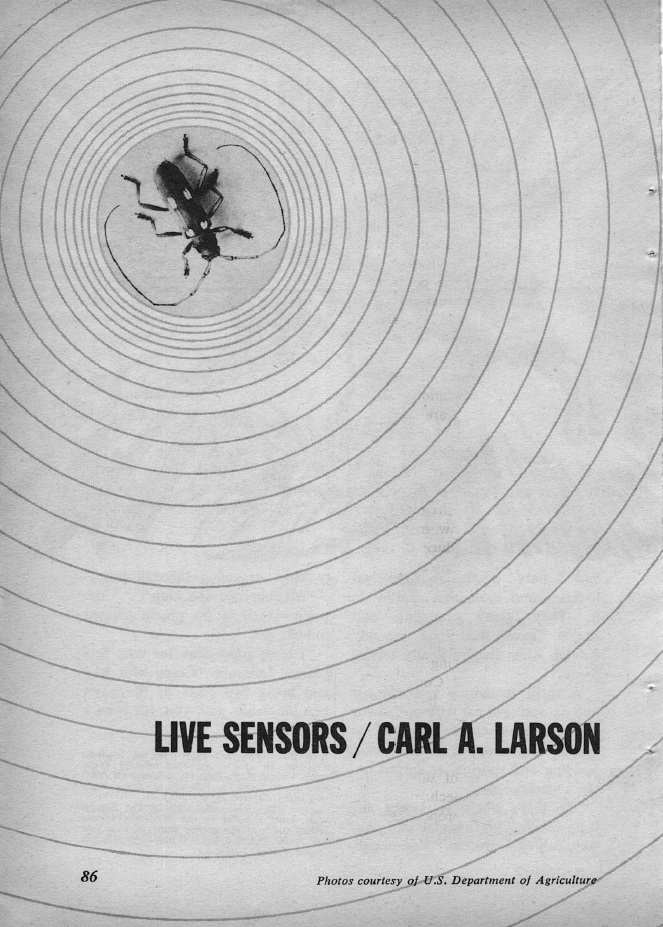





![[March 31, 1966] Shapes of Things (April 1966 <i>Analog</i>)](https://galacticjourney.org/wp-content/uploads/2021/03/660331cover-500x372.jpg)












